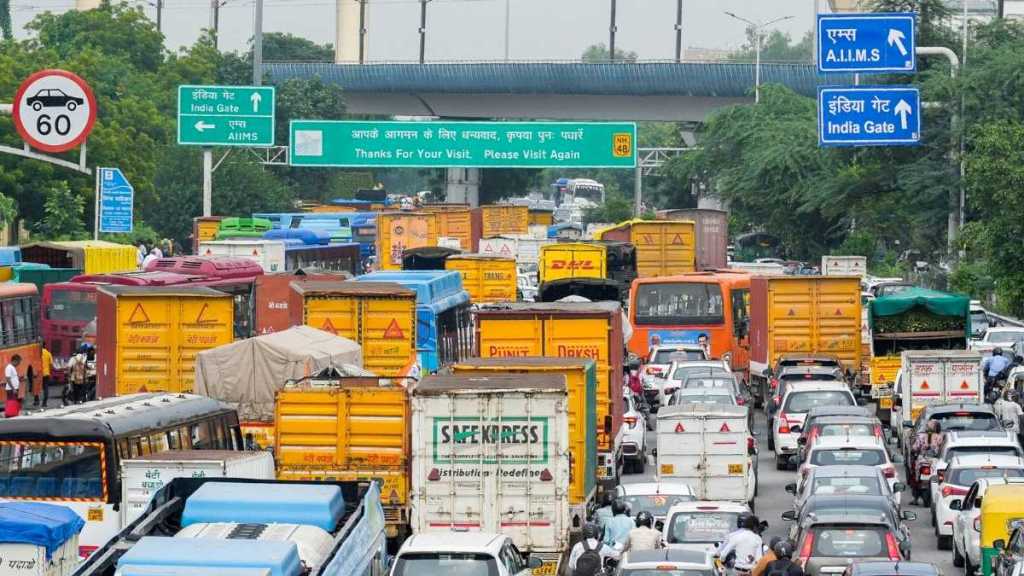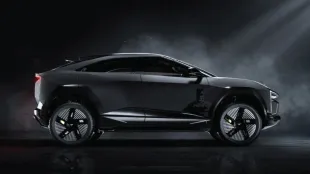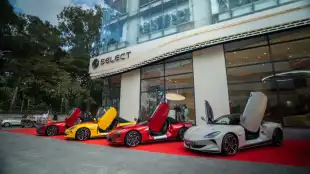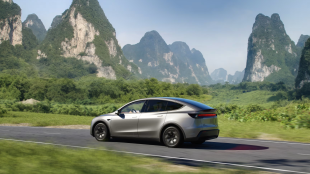The recent Delhi fuel ban has sent a lot of people into a frenzy, and some have not held back in speaking their minds. Notable people, CEOs and even politicians have voiced their concern over the rule, which will affect the middle class the most, which also happens to be a large chunk of the population.
Some have already sold vehicles such as a Mercedes-Benz worth over Rs 80 lakh for throw-away prices, while a Range Rover was also in the news — all because Delhi has banned fuelling vehicles that are over a certain age — diesel vehicles older than 10 years and petrol vehicles older than 15 years.
The rule, which has to be based on tests and maintenance of vehicles, has instead become a blanket ban, which also raises the question as to whether the transport department is efficient enough, and if yes, why such a baseless rule?
Delhi fuel ban: What netizens say
Let’s look at the common people first. A Delhi resident, Rattan Dhillon, has voiced his opinion on X, saying that his 16-year-old Mercedes is now labelled “vintage scrap”, as the car runs clean and is more reliable than most modern cars that tend to be riddled with issues. He has also openly challenged the government to prove that his car pollutes beyond the specified norms.
Next is a strategic affairs analyst, Sushant Sareen, who took to X saying, “Single most stupid rule. Scrap a polluting vehicle, even if it’s 1 year old; allow a non-polluting vehicle, even if it’s 20 years old. Enforce pollution norms strictly. But scraping vehicles just on age of vehicle is a brainless thing to do. Since it’s NGC-dictated, no one wants to challenge this foolishness.”
This is a fair point, because if pollution is the key factor behind the ban, ban the vehicles that pollute instead of a blanket ban based on the age of the vehicle.
“Great for headlines, but what about those who can’t afford a new car or EV? Poor scrappage support, no exchange offers, no EV infrastructure! Just a sudden ban. Out of these 62 lakh car owners, most would have spent their entire life savings to buy their dream car, taken it on EMI, spent years paying it off and then one day, it’s suddenly banned. For those who’ve maintained their vehicle well, this policy shouldn’t apply. There’s a reason why PUC (Pollution Under Control) certificates exist,” says Entrepreneur Arun Prabhudesai, slamming the Delhi fuel ban rule.
The above is ground reality for many, as cars are bout on EMIs and are a huge investment. EMIs tend to last between 5–7 years, and if the vehicle has to be scrapped in 10 years, one ends up paying EMIs for their entire life, and interest for the loan included.
Delhi fuel ban: What’s the government’s stand on this?
The Delhi government is standing strong on this, as the Chief Minister, Rekha Gupta, is in favour of the rule, as she said that the government is working to implement this rule in a strong way to curb pollution and remove old vehicles from the roads of Delhi.
However, a lot of questions remain unanswered — will a 20% discount on new vehicles be worth it if an old vehicle’s scrap record is presented? With cars becoming more expensive, can a middle-class family afford to pay so much for cars? Will this rule drive carmakers to make unreliable cars since they now have an expiry date? Who will actually benefit from this rule — the government, the air quality, or carmakers?




















